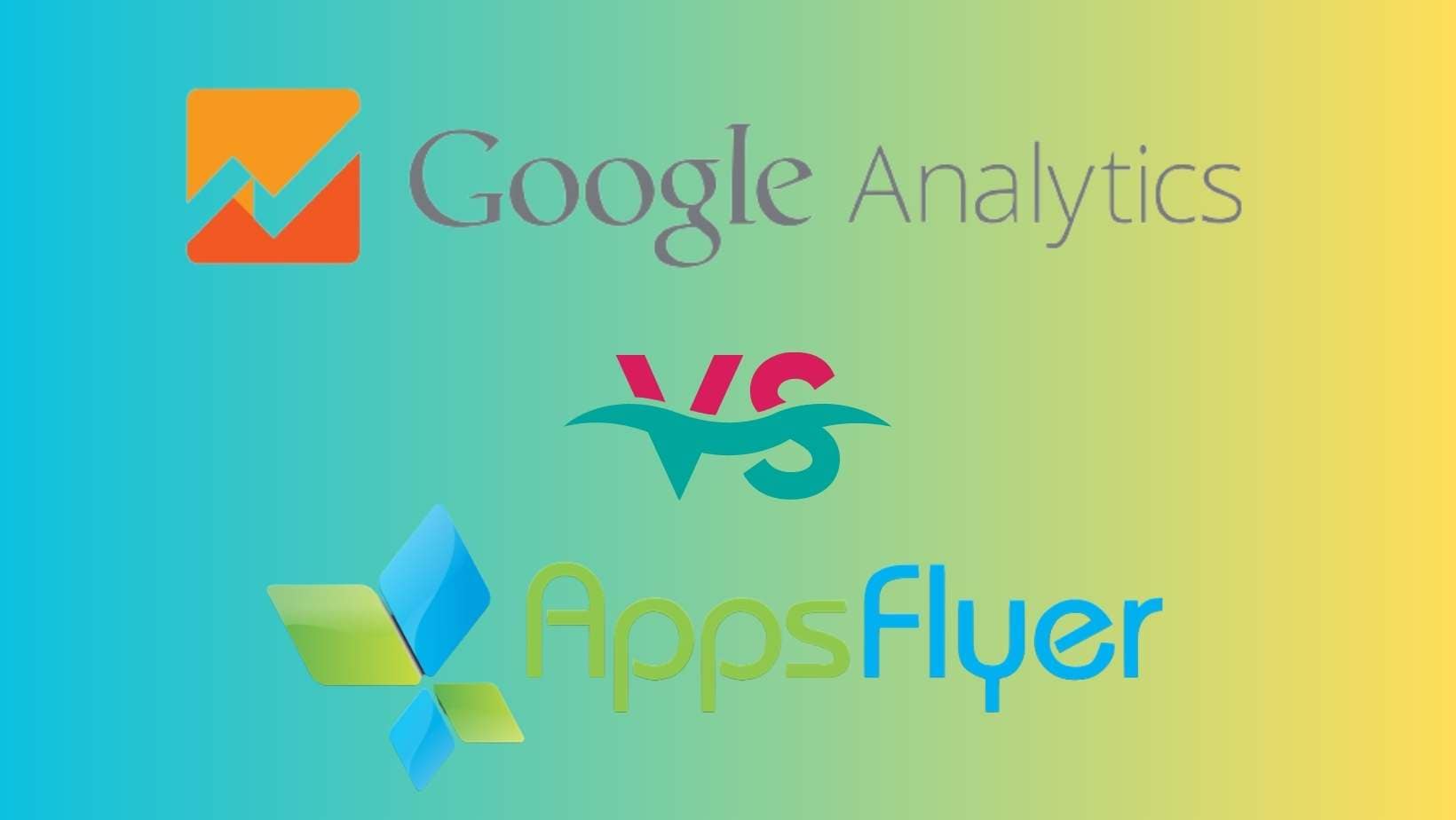
Page Contents
What is Appsflyer?

AppsFlyer works by integrating with various advertising networks, mobile ad platforms, and other analytics tools to track user behavior and campaign performance across different channels. It uses a deterministic attribution model that relies on a unique identifier called a device ID to track user behavior across different devices and platforms, which helps provide more accurate data insights.
AppsFlyer offers a range of features, including advanced attribution tracking, cohort analysis, retargeting, fraud prevention, and more. It also has built-in integrations with many third-party tools and platforms, making it easier to track and analyze app performance across different channels.
AppsFlyer provides app developers and marketers with a comprehensive set of tools for tracking user behavior and optimizing their user acquisition campaigns. Its accurate attribution, comprehensive analytics, advanced fraud protection, and integration with other marketing tools make it a valuable asset for any mobile app business.
Overall, AppsFlyer is a powerful tool for businesses looking to optimize their mobile app marketing efforts and gain deeper insights into user behavior.
What is Google Analytics?

Google Analytics is a web analytics service offered by Google that helps businesses track and analyze website and app traffic. It provides businesses with a range of tools to measure user engagement, behavior, and acquisition, as well as to gain insights into the effectiveness of their marketing campaigns.
Google Analytics works by integrating with websites and apps to collect data on user behavior, such as page views, session duration, bounce rate, and more. It also tracks the source of website and app traffic, including search engines, social media, and other referral sources, and provides businesses with insights into the effectiveness of their marketing efforts across different channels.
Google Analytics offers a range of features, including real-time analytics, audience segmentation, conversion tracking, and more. It also integrates with other Google tools, such as Google Ads and Google Tag Manager, making it easier to track and optimize marketing campaigns.
Google Analytics provides website/app owners and marketers with a powerful set of tools for tracking user behavior, optimizing website/app performance, and improving user engagement. Its comprehensive tracking, audience insights, goal tracking, e-commerce tracking, and customization and integration capabilities make it an invaluable asset for any website and app business.
Are Appsflyer and Google Analytics the same?
AppsFlyer and Google Analytics are both analytics platforms used to track and analyze user behavior in mobile apps and websites. While they have some overlapping functionality, they serve different purposes and are often used in conjunction with each other to gain a more comprehensive view of user behavior and app performance.
AppsFlyer is a mobile attribution and marketing analytics platform that helps mobile app marketers and developers measure and optimize their user acquisition campaigns. It provides a range of tools for tracking user behavior, including app installs, in-app events, and user engagement, and offers deep insights into user behavior to help app owners understand how their users are interacting with their app.
Google Analytics, on the other hand, is a web analytics platform that helps website owners and marketers track and analyze user behavior on their websites. It provides a wide range of features, including tracking user behavior, measuring website performance, and providing insights into user demographics and behavior.
While these platforms serve different purposes, they can be used together to gain a more comprehensive view of user behavior across multiple channels. For example, an app developer might use AppsFlyer to track app installs and in-app events, while also using Google Analytics to track website traffic and user behavior on their website. By using both platforms in conjunction, they can gain a more complete understanding of their users’ behavior and optimize their app and website accordingly.
While both Appsflyer and Google Analytics offer valuable insights into user behavior and marketing effectiveness, they are designed for different use cases and have different strengths and weaknesses. The choice between the two depends on the specific needs and goals of your business.
Several other key differences between AppsFlyer and Google Analytics:
| Aspect | AppsFlyer | Google Analytics |
|---|---|---|
| Primary Function | Mobile app attribution and marketing analytics | Web and mobile app analytics |
| Attribution Tracking | Specializes in granular mobile attribution | Covers web and mobile attribution |
| Ad Network Integration | Extensive network integrations for ads | Offers ad network integrations |
| User-Level Data | Provides detailed user-level data | Limited user-level data in the standard version |
| Deep Linking | Offers deep linking capabilities | Limited deep linking support |
| In-App Events | Tracks in-app events and conversions | Tracks in-app events and goals |
| Audience Segmentation | Allows advanced segmentation and targeting | Provides audience segmentation |
| User Cohorts | Supports cohort analysis for user groups | Offers user cohort analysis |
| User Acquisition | Emphasizes app marketing and acquisition | Focused on web traffic and acquisition |
| Paid vs. Organic | Tracks and distinguishes paid and organic users | Tracks paid and organic sources |
| Integration Ecosystem | Integrates with a wide range of marketing tools | Integrates with other Google products |
| Pricing Model | Custom pricing based on usage and features | Free version available; Premium features |
- Attribution: Appsflyer is primarily focused on mobile app attribution, which involves tracking the source of app downloads and the user’s journey from installation to conversion. Google Analytics, on the other hand, is a more general analytics platform that covers a wider range of web and app analytics.
- Features: Appsflyer is specifically designed for mobile app marketers and offers a range of features that are tailored to their needs, such as advanced attribution tracking, cohort analysis, and retargeting. Google Analytics also has some mobile app-specific features, but it is more well-rounded with features for web analytics, e-commerce tracking, and more.
- Integration: AppsFlyer has built-in integrations with several third-party advertising networks and mobile ad platforms, making it easier to track the performance of your mobile campaigns across different channels. Google Analytics also offers integrations with other advertising platforms, but it may require more manual setup and configuration.
- Data accuracy: AppsFlyer uses a deterministic attribution model that relies on a unique identifier called a device ID to track user behavior across different devices and platforms. Google Analytics, on the other hand, uses a probabilistic attribution model that relies on statistical algorithms to infer user behavior based on limited data. This can sometimes lead to discrepancies in data accuracy.
- AppsFlyer provides a free trial whereas Google Analytics doesn’t provide a free trial.
Conclusion
Overall, both Appsflyer and Google Analytics are powerful analytics platforms that can help businesses gain insights into their mobile app performance. However, the choice between the two depends on the specific needs of your business and the features that are most important to you but always consider the platforms on which you want to focus, your data needs, the tools you want to integrate, and budget before finalizing the appropriate tool for your business.